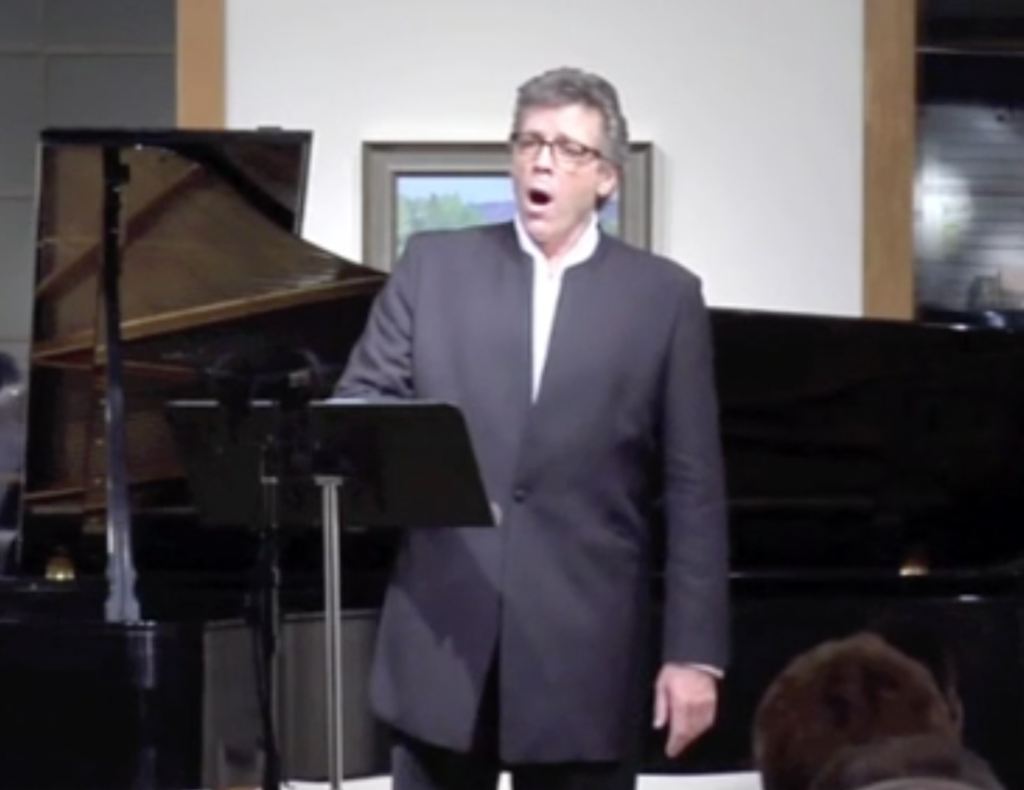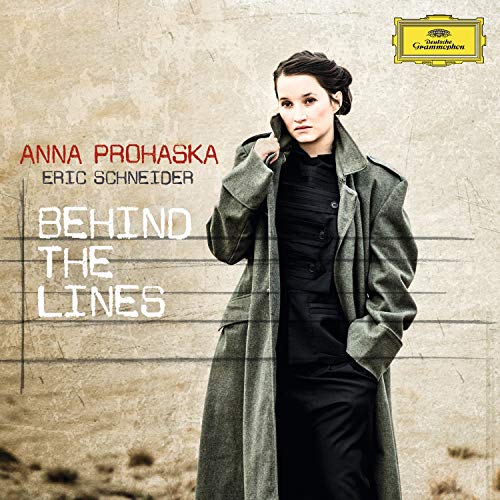About
German composer Kurt Weill emigrated to the United States in 1936, and his interest in American music and literature became a vital part of his music.
He moved to New York in the mid 1930s to restart his career after fleeing Nazi Germany. Weill had a strong affinity for America and quickly fostered a great sense of national pride. He is quoted saying “Although I was born in Germany, I do not consider myself a `German composer.’ The Nazis obviously did not consider me as such either, and I left their country (an arrangement which suited both me and my rulers admirably) in 1933. I am an American citizen, and during my dozen years in this country I have composed exclusively for the American stage” (Kowalke)
Much of his work in America was for the stage as well as the commercial sector, including large works such as Knickerbocker Holiday and Street Scene, as well as a number of film scores. While these may be the more popular of his catalogue, he also composed in smaller forms in a more commercial effort. He composed a large body of work for the American Military, including songs specifically for the Office of War Information and the War Department. He wrote a number of songs with entirely American themes including a set titled “Songs for the War Effort” (also known as “Propaganda Songs”) and what are likely his most famous American songs which are a grouping of pieces with text written by Walt Whitman.
–Megan Maloney
Related Information
Songs
Beat! Beat! Drums!
Kurt Weill
Walt Whitman
Song Collection: Four Walt Whitman Songs
Buddy on the Nightshift
Kurt Weill
Oscar Hammerstein
Come Up From the Fields, Father
Kurt Weill
Walt Whitman
Song Collection: Four Walt Whitman Songs
Dirge For Two Veterans
Kurt Weill
Walt Whitman
Song Collection: Four Walt Whitman Songs
Four Walt Whitman Songs
Song CollectionKurt Weill
Walt Whitman
Oh Captain! My Captain
Kurt Weill
Walt Whitman
Song Collection: Four Walt Whitman Songs
River Chanty
Kurt Weill
Maxwell Anderson
Schickelgruber
Kurt Weill
Howard Dietz
Song of the Free
Kurt Weill
Archibald MacLeish
The Good Earth
Kurt Weill
Oscar Hammerstein
Videos
Recordings
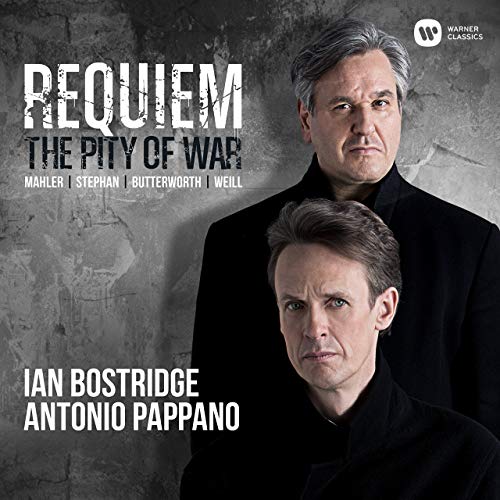
Ballads Of The Pleasant Life: Kurt Weill, Weimar And Exile
(Kurt Weill and Archibald MacLeish)
2017
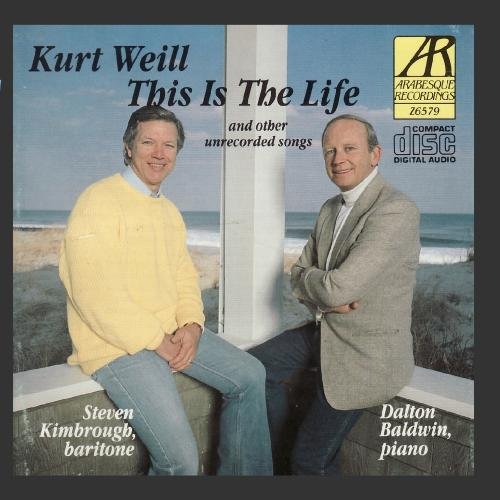
Kurt Weill: This Is the Life
(Kurt Weill)
2009
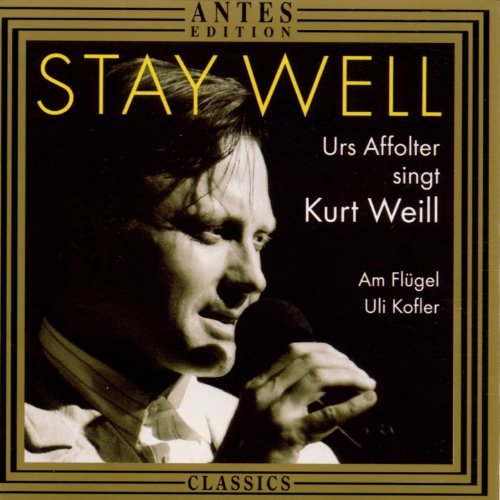
Stay Well: Urs Affolter Singt Kurt Weill
(Kurt Weill)
2007
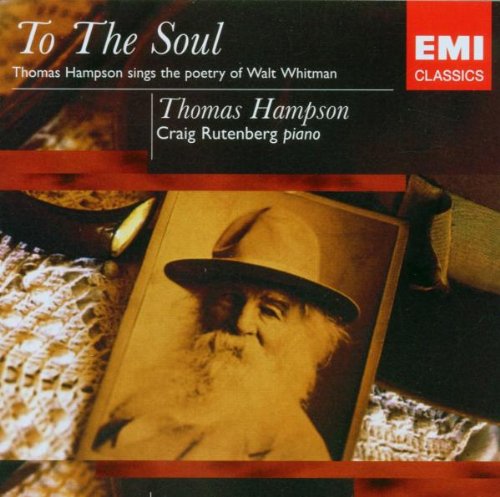
To The Soul - Poetry Of Walt Whitman
(Ernst Bacon, Leonard Bernstein, Henry T. Burleigh, Gerald Busby, Philip Dalmas, Charles Ives, Charles Naginski, Ned Rorem, Robert Strassburg, Michael Tilson Thomas, Kurt Weill, Elinor Remick Warren and Walt Whitman)
1997

The Art of Theodor Uppman
(Katherine Kennicott Davis, Celius Dougherty, Stephen Foster, Richard Hageman and Kurt Weill)
2000
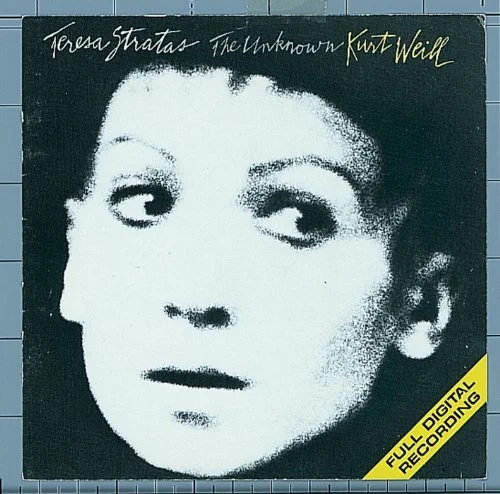
The Unknown Kurt Weill
(Kurt Weill)
1991
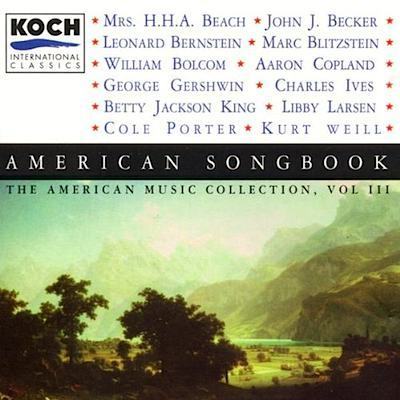
American Songbook - The American Music Collection, Vol. 3
(Amy Marcy Beach, Leonard Bernstein, Marc Blitzstein, William Bolcom, Aaron Copland, Charles Ives, Betty Jackson King, Libby Larsen and Kurt Weill)
1996
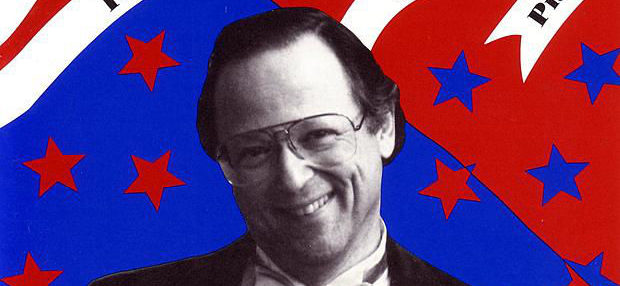
Paul Sperry Sings an American Sampler
(Samuel Barber, Robert Beaser, William Bolcom, William Billings, Elliott Carter, Celius Dougherty, John Woods Duke, Stephen Foster, Charles Griffes, John Musto, Ned Rorem, May Swenson, Louise Talma, Hugo Weisgall and Kurt Weill)
1995
Sheet Music
Kurt Weill Songs: A Centennial Anthology, Vol. 2
Composer(s): Kurt Weill
Song(s): River Chanty, Songs of the Free
Buy via Classical Vocal ReprintsKurt Weill: The Unknown Kurt Weill
Composer(s): Kurt Weill
Song(s): Schickelgruber, Buddy on the Nightshift
Buy via Classical Vocal ReprintsKurt Weill: Unsung Weill
Composer(s): Kurt Weill
Song(s): Great Big Sky (1946), text by Langston Hughes Street Light Is My Moonlight (1946), text by Langston Hughes You Understand Me So (1948), text by Alan Jay Lerner There's Nothing Left for Daddy (but the Rhumba) (1948), text by Alan Jay Lerner How I Love My Work (1948), text by Alan Jay Lerner Who Am I? (1942), text by Ogden Nash Love in a Mist (1942), text by Ogden Nash Vive la différence (1942), text by Ogden Nash Bats About You (1940), text by Ira Gershwin Unforgettable (1940), text by Ira Gershwin It's Never Too Late to Mendelssohn (1940), text by Ira Gershwin It Could Have Happened to Anyone (1944), text by Ira Gershwin How Far Will You Go with Me? (1938), text by Maxwell Anderson The Little Tin God (1949), text by Maxwell Anderson Too Much to Dream (1937), text by Sam Coslow The Romance of a Lifetime (1937), text by Sam Coslow The Picture on the Wall (date unknown), text by Ann Ronell Your Technique (date unknown), text by Ann Ronell The River Is So Blue (1937), text by Ann Ronell The Good Earth (1942), text by Oscar Hammerstein Inventory (1942), text by Lewis Allan Farewell, Goodbye (1936), text by Paul Green
Buy via Classical Vocal Reprints

